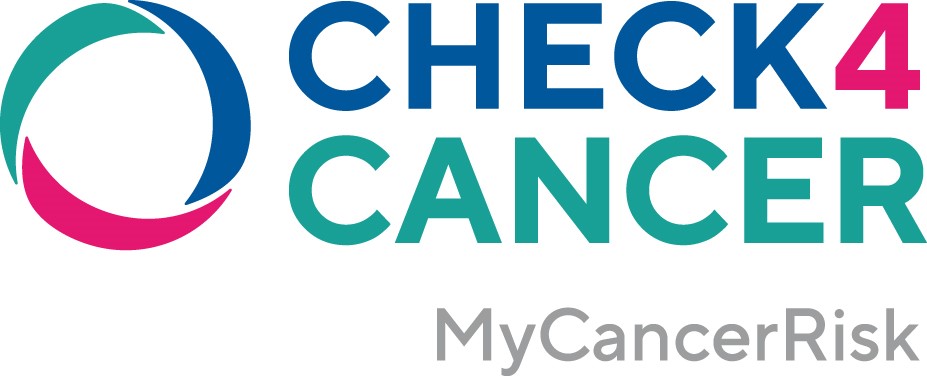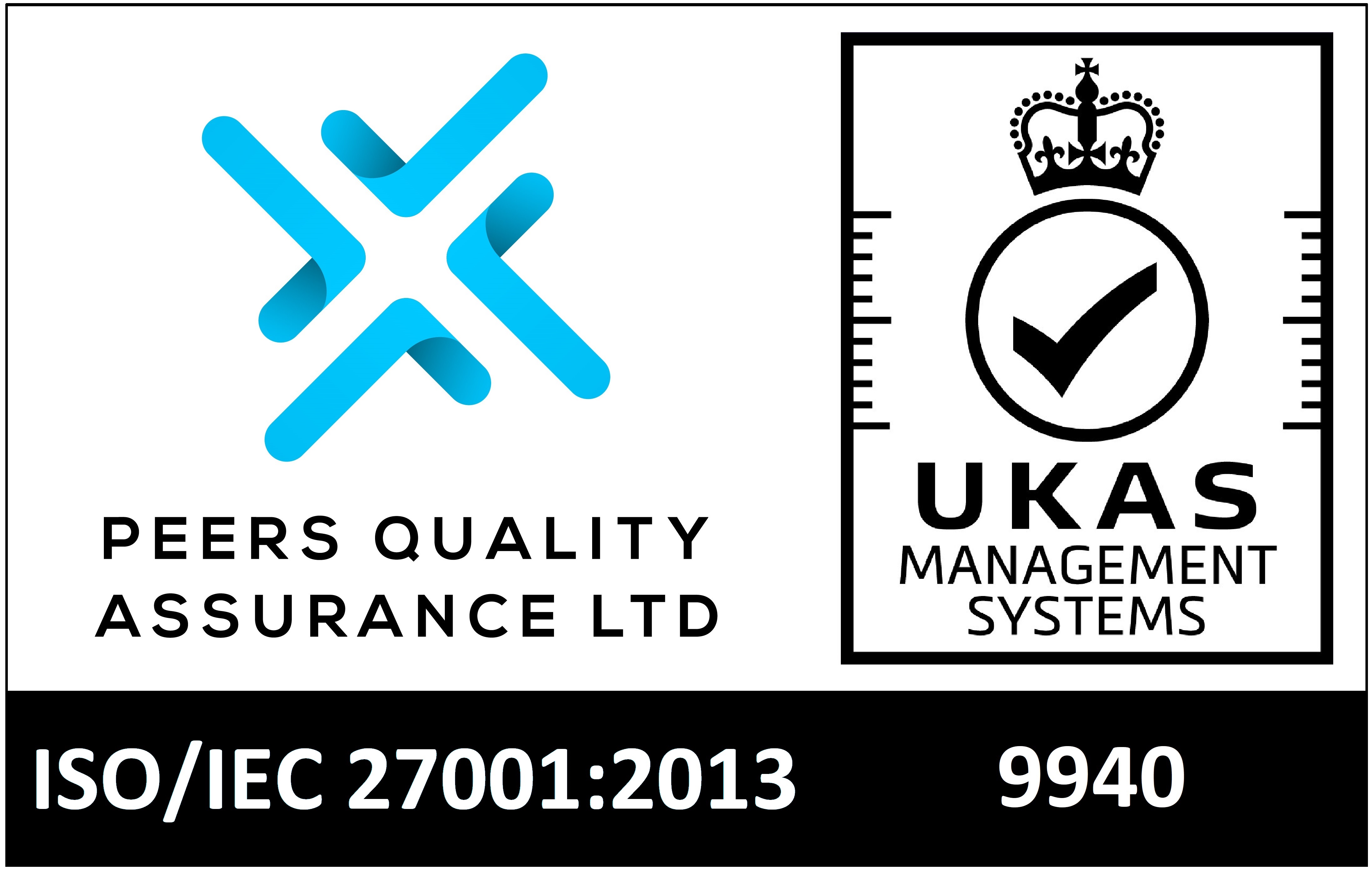Around one in eight women in the UK are diagnosed with breast cancer¹ at some point in their lives. Early detection remains one of the best ways of improving outcomes: being aware of the possible symptoms; regularly checking your own breasts and participating in screening programmes.
Checking your breasts regularly is a simple way to look out for changes and symptoms. Check out our blog on breast cancer signs and symptoms for advice on what to look out for. If you do notice any changes, it is important to see your GP or cancer specialist urgently; don’t wait for a screening appointment! Check4Cancer’s private One Stop Breast Cancer Clinics provide fast track diagnostic investigations if you think you may have developed recent symptoms of breast cancer, without the need for a GP referral.
Screening those people without symptoms enables us to detect breast cancer even earlier; further improving treatment success and chances of recovery. In order to do this, you will need to have a mammogram.
What is a mammogram?
A mammogram is a low-dose x-ray which can detect breast cancer at an early stage, even before you notice any changes or symptoms. It usually involves two X-rays of each breast while each is gently compressed. This makes it possible to detect tumours that cannot be felt, as well as finding micro-calcifications (tiny deposits of calcium in the breast) that sometimes indicate the presence of early breast cancer.
Who is eligible for a screening mammogram?
In the UK, all women aged between 50 and 70 are invited for NHS breast cancer screening every three years¹. This is because older women are at a higher risk of developing breast cancer, (although you may still be eligible for NHS breast screening before the age of 50 if you are considered to be at higher risk).
Several large studies have shown that breast cancer screening with mammograms reduces the number of breast cancer deaths in women aged between 40-69, especially those over the age of 50. Private mammograms are available if you are interested in screening but do not qualify for an NHS appointment.
Are there any downsides of having a mammogram?
Unfortunately, mammograms do not pick up all breast cancers. Younger women generally have dense breast tissue which makes the test much less sensitive. Up to 50% of breast cancers may go undetected in this age group.
Mammograms should be performed more frequently, ideally once a year, in younger women, in order to try and reduce the numbers of missed cancers. In women over 50, breasts are usually more fatty and less dense, making breast cancers easier to detect with screening mammograms and picking up around 85% of all breast cancers.
Even if a mammogram does detect a tumour before it can be felt, this does not mean that a woman’s life will always be saved. A mammogram may not help those with fast-growing or aggressive cancers that have already spread to other parts of the body before being detected. Finally, a mammogram involves exposure to a small dose of radiation but with modern mammography, the dose is extremely small.
Can I have a mammogram if I have breast implants?
Women with breast implants can continue to have mammograms although you may experience increased discomfort. It’s a good idea to make the clinic aware in advance that you have breast implants as implants can hide some breast tissue and an experienced radiographer is therefore needed. They can then take steps to make sure that as much breast tissue as possible can be seen.
If you have had an implant following breast cancer surgery, you should ask your doctor whether a mammogram of the reconstructed breast is necessary.
Should I book a mammogram?
If you are over 40 or have a high risk of breast cancer, then booking regular mammograms is a good idea. You can book a screening mammogram with Check4Cancer even if you are not eligible for NHS screening. This can be booked over the phone, without a GP referral, and will help to put your mind at rest. Click here to book an appointment.
Following your appointment, you will receive a results letter from our team of expert consultants within 3-4 weeks. If your test is abnormal, we will call you before sending your results letter. Should you have an abnormal test result, you may be eligible for referral to a private consultant or to the NHS via your GP.
Tips for your mammogram
- Schedule your appointment for the two weeks after your period, typically at the time when your breasts are least tender
- Do not use deodorant, lotion or powders on the day of your mammogram
- Wear comfortable clothing, with a separate top you can easily remove
References
¹ https://www.nhs.uk/conditions/breast-cancer-screening/">https://www.nhs.uk/conditions/breast-cancer-screening/




